Things you have to know about cycling

Whether you’re spending a lot of time with your cycling friends or just want to get some interesting background info about cycling lifestyle, history and interesting records, we have collected some great conversation starters or the so-called “did you know that...” facts to turn you into a cycling guru! So here are some interesting facts about the world's most efficient transportation device!
1.First bicycles
The first human powered land vehicle was constructed by Giovanni Fontana in 1418, while MTB bicycle was developed only in 1977.
You may have heard of the Penny-farthing, an early type of bicycle that featured a front wheel significantly larger than the rear. The name comes from the old British Penny and Farthing coins which represent the large and small wheels.

2.Wooden bikes were a thing once!
The first constructed bike was almost entirely made of wood, and several thousand were built and used. As you can imagine, its popularity dramatically faded when the number of accidents soared - it was prohibited by the police

3.Cyclists are cool - fact
A 2014 psychological study found that cyclists tend to demonstrate a unique blend of intelligence, generosity and the "cool" factor. Now there's a reason to get on your bike!

4.Bikes don’t actually need riders
A bit of cycling science for you: amazingly, a bicycle can stay upright without a rider as long as it’s moving at 8mph or faster. Quite an independent vehicle, we must say!

5.World-record-breaking bikes
The largest rideable bicycle has a wheel diameter of 3.3 m (10 ft 9.92 in) and was built by Didi Senft from Germany. We still can’t figure how to hop in it!

While the longest tandem bicycle seated 35 people, it was more than 20 meters long. It’s written in the Guinness World Records, where it had to ride at least 100 meters, which it did.

6.Environmental benefits of cycling
The amount of space 1 car takes on a road can be filled with 15 bicycles, of course, not talking about the large and long bicycles here. ;)

The world manufactures around 100 million new bicycles every day, and there are twice as many bicycles in the world than cars! As you’re reading this, there are over 1 billion bicycles currently being used all around the world.
By cycling we save around 238 million gallons of fuel each year. To enhance the benefits of cycling - energy and resources that are used for the creation of one single car can be used for the creation of up to 100 bicycles!
Moreover, maintaining a bike annually costs twenty times less than maintaining and driving a car, a pretty good reason to switch to a bike, isn’t it?
Daily 16 kilometer ride (10 miles) burns 360 calories, saves up to 10 euros of budget and saves the environment from 5 kilos of carbon dioxide emissions that are produced by cars.
And while the UK is the home to around 20 million bicycles, 5% of all trips in the United Kingdom are made with a bicycle. In the US this number is lower than 1%, but the Netherlands has it at a fascinating 30%, in fact, seven out of eight people in the Netherlands that are older than 15 have a bicycle.

7.Cycling makes you younger!
No wonder cycling is the world's biggest sports goods business worth approximately 51 billion dollars annually. But it’s also beneficial to your health - cyclists are a lot less likely to have heart diseases - many researches can prove this. An adult cyclist typically has a level of fitness equivalent to someone 10 years younger and a life expectancy two years above the average
8.Around the world on a bike
And then there is one man, who inspired the entire world. By cycling on average 315km per day, he managed to bike around the world in 91 days and 18 hours. He’s name was Mike Hall and he’s the current world record holder, by cycling 28968 km in 91 day.

9.Psychological training to keep going
Research shows that the brain lies to the body and prevents it from fulfilling its potential. The brain sends us alerts to slow down or stop in the form of fatigue and pain because it thinks the body might be damaged if you exercise past certain limits. Top cyclists, however, know through practice that they can ignore the warnings and ride through the "pain barrier" to finish faster, so it’s not just physical, but also psychological training.

So here’s a great mix of useful and educational stuff about cycling for you to know the history, the benefits, the numbers, facts and records.
Let us know in the comments if we missed some important facts!
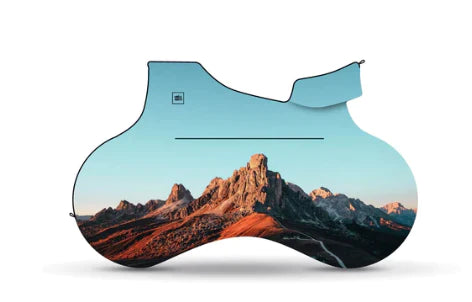

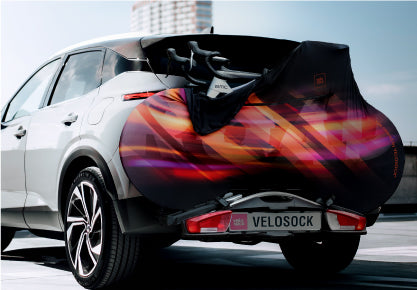
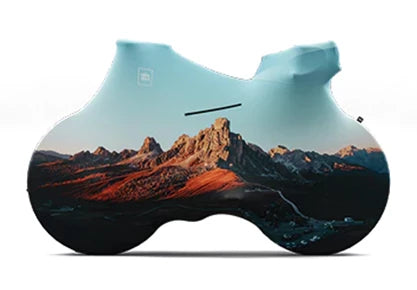


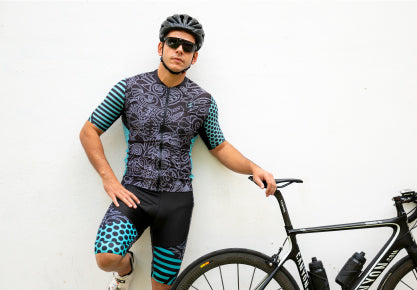



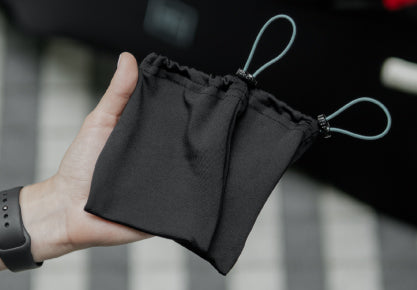
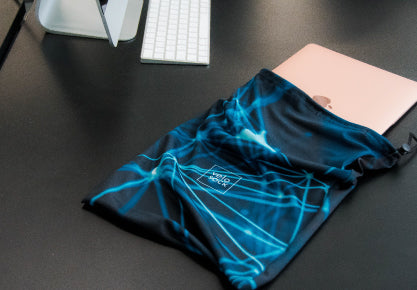

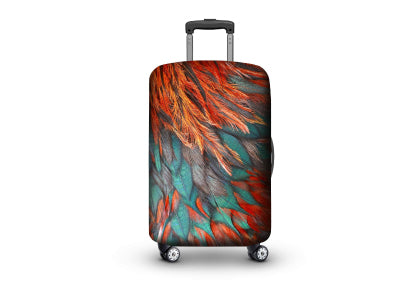















Leave a comment